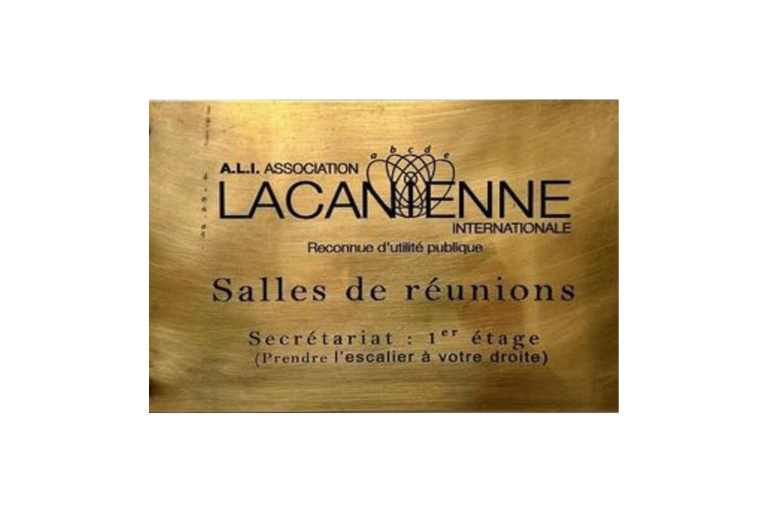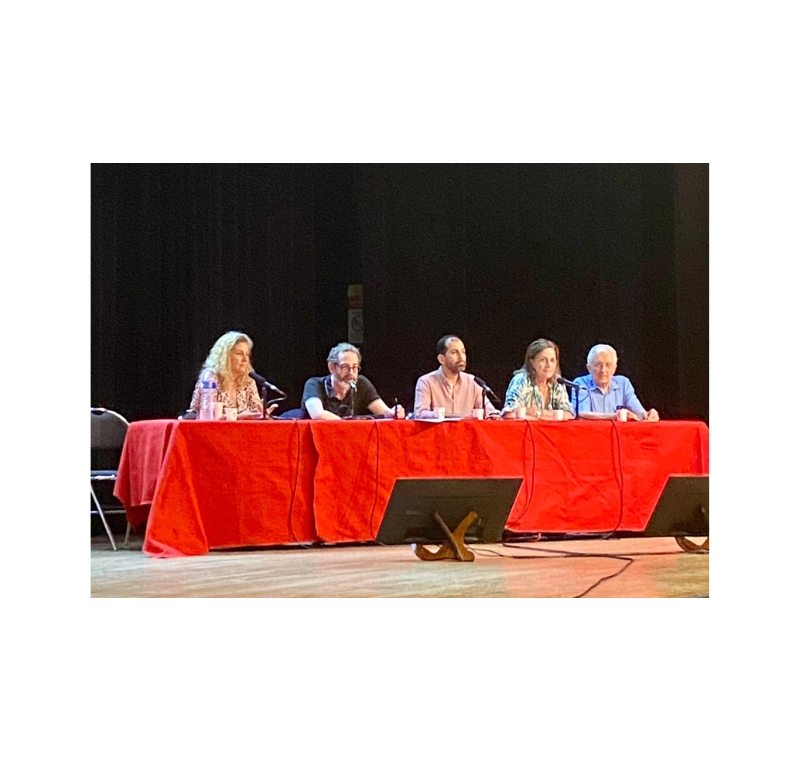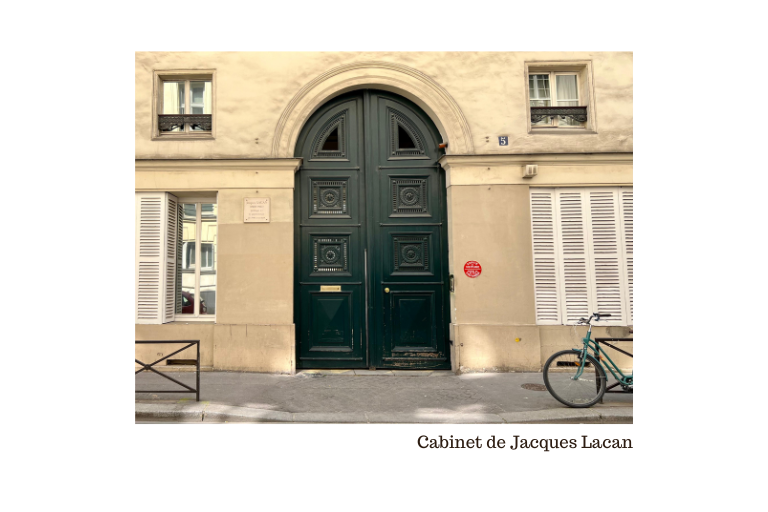
Our association
About us
The mission of the Association lacanienne internationale (ALI) is to faithfully and exhaustively transmit the teachings of our masters, while reworking the concepts to make them accessible and contemporary.
One of the great values of the Association, which is recognized as a public utility, lies in its commitment to using the fundamentals of psychoanalysis to respond to modern ethical, clinical and political issues. Very early on, ALI offered a space to tackle controversial themes such as religion, transsexualism and drug addiction, among other major social mutations.

The office
The Board of Directors is renewed by one-third every three years, and elects from among its members an Executive Committee comprising a Chairman, two Vice-Chairmen, a Treasurer and two Secretaries, for a three-year term.
Following a proposal by Charles Melman (see “How to proceed?“), the Board has appointed various colleagues to form new bodies with them, to enable more collective and effective governance of the Association. An Executive Board responsible for defining the ALI’s major orientations, an Executive to oversee their implementation, and a Deanery responsible for giving its opinion on the direction taken at regular intervals.
The ALI also has a Teaching Committee to ensure the interest and coherence of teaching, and a Board Committee to enable members with various responsibilities within the ALI to discuss governance and future projects with the Board several times a year.

History of ALI
The dissolution of the Freudian School of Paris, the very controversial launch of the School of the Freudian Cause, then the death of Lacan in September 1981 left Lacanian psychoanalysts in great embarrassment. From June 1982, the creation of the Freudian Association (future International Lacanian Association) by Charles Melman and a few colleagues was aimed at taking up the challenge of transmitting psychoanalysis and its inclusion in the city.

Our members
Our members number more than 600 and share a real desire to better understand the teachings of Freud and Lacan, to question their limits and their contributions while perpetually maintaining a logic of questioning. Moving from an economy of desire to an economy of enjoyment, this cultural change observed by Charles Melman has aroused, within the Association, a deep vocation for transmission and exchange. The international presence of members brings together a diversity of opinions, which constitutes one of the great assets of the Association.

